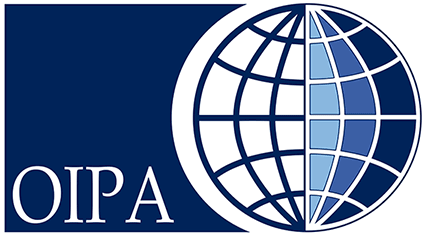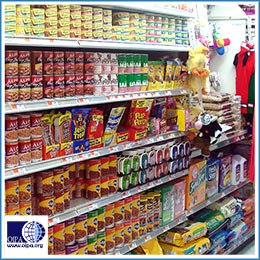DANGEROUS PET FOOD
Eyes, bones, feathers and birds beaks, blood, intestines, tendons, mammaries, gullets and sick, rotten or cancerous body parts; this is what is behind the so called by-products used to make Commercial Pet Food.
Pet food manufacturers do not announce the fact that pet food is composed primarily from food industry waste.
MBM meat-and-bone meal is a product of the animal carcass execution process. It is composed primarily of the leftovers and bones of slaughtered livestock, fat from unmarketable animal tissues and retail meat products. Animal fat and MBM often come from a mix of different animal species: horses, elephants, dogs, cats, foxes, opossums, deers and snakes have also been found.
In the US, according to the major producer of pet food, it is still legal to make use of euthanized cats and dogs with the purpose of producing pet food. Animal fat and MBM are the ingredients in pet food most likely to enter in correlation with the presence of sodium pentobarbital; the drug used by veterinarians for euthanasia.
To avoid picking up pet food that might contain parts of dead cats and dogs, there is only one way to minimize the risk: NEVER buy any product made with unidentified animal ingredients.
Dioxin, PBB, antibiotics and other pharmacological preparations are rests that might be found in fish pet food instead.
In MBM meals, the ingredient is not used fresh, but rather recycled.
Extrusion (method of obtaining doggy treats) and recycling do not always succeed in eradicating cattle growth hormones, antibiotics or barbiturates. High-temperature cooking can alter or destroy the nutritional value of the product, while at the same time does not fully remove the danger of contamination by bacteria and toxins.
Certain producers cook pet food directly into the can.
Additives, preservatives, flavour enhancers, antioxidants, colouring agents, appetite stimulants… our pet food is a mix of chemical compounds, some of which are very harmful.
Propyl gallate (BHA and BHT) is used as synthetic preservative in pet food, but it is also an icing inhibitor and a substance similar to Agent Orange (a defoliant chemical used by the US in the Vietnam War) has been found among the antioxidants.
Colouring agents are often tested on animals and in massive doses can cause serious health problems (such as high cholesterol and the reduction of haemoglobin and red blood cells in the blood). The paradox is that production holdings are not required to indicate the presence of these chemical compounds on the labels.
Rancid fats are responsible for the pungent smell of much wet and dry pet food and can cause serious allergies and other diseases. This type of fats are preserved in the form of chemical solutions and then sprayed on the food to get a better taste.
In the last ten years, the quantity of wheat in pet food has increased. The majority of pet food product formulations contains too many grains, including corn, wheat, rice, soy flour, peanuts shells. In addition, many products contain questionable and unnecessary ingredients; many pet food brands indeed load up their products with inexpensive low-quality fillers that are hardly digestible for cats and dogs.
Side effects
As a pet owner, it is your job to keep track of what your dog is eating and to make sure that the food you give him will provide for his nutritional needs.
Among the most common causes of death for both cats and dogs are diseases affiliated with poor diet.
Urinary tract diseases, allergies and intolerances, behavioural disorders, cancer, obesity, cardiovascular disease, vomit and diarrhoea are only some possible side effects of feeding our pets with industrial wet and dry food. Poor quality ingredients, contamination with bacteria, mould, toxins and pharmacological residuals, poor nutritional value and an excessive use of additives are the main causes.
Organic pet food instead offers benefits to both cats and dogs.
If you have the availability, the best way to feed your pet is with cooked food (but take into account that they have different needs from us and therefore their diet must be followed by a vet or a nutritionist specialist.
The following brands should be avoided at all costs:
Boycott list
• Nestlé:
Felix, Friskies, Gourmet, Purina, Affinity Petcare
• Colgate-palmolive:
Hill’s (science diet, canine maintenance)
• Mars:
Whaltam, Cesar, Pedigree, Chappi, Frolic, Sheba, Whiskas, Kitekat, Royal Canin
• Procter & Gamble:
Iams (Eukanuba, ecc.)
• Nutro
• Heinz




